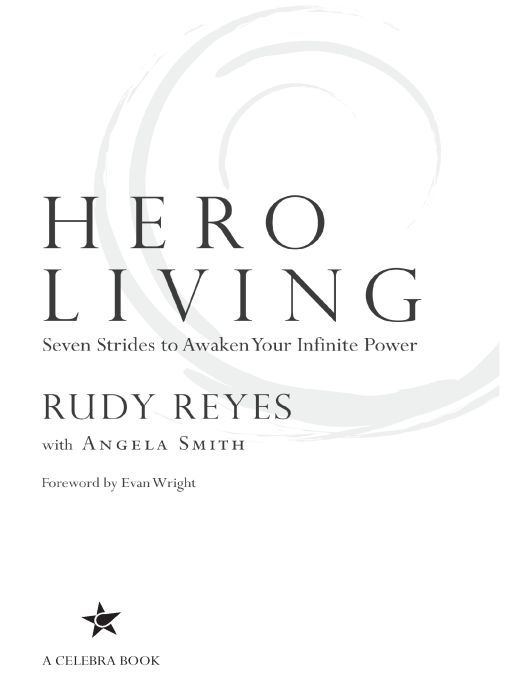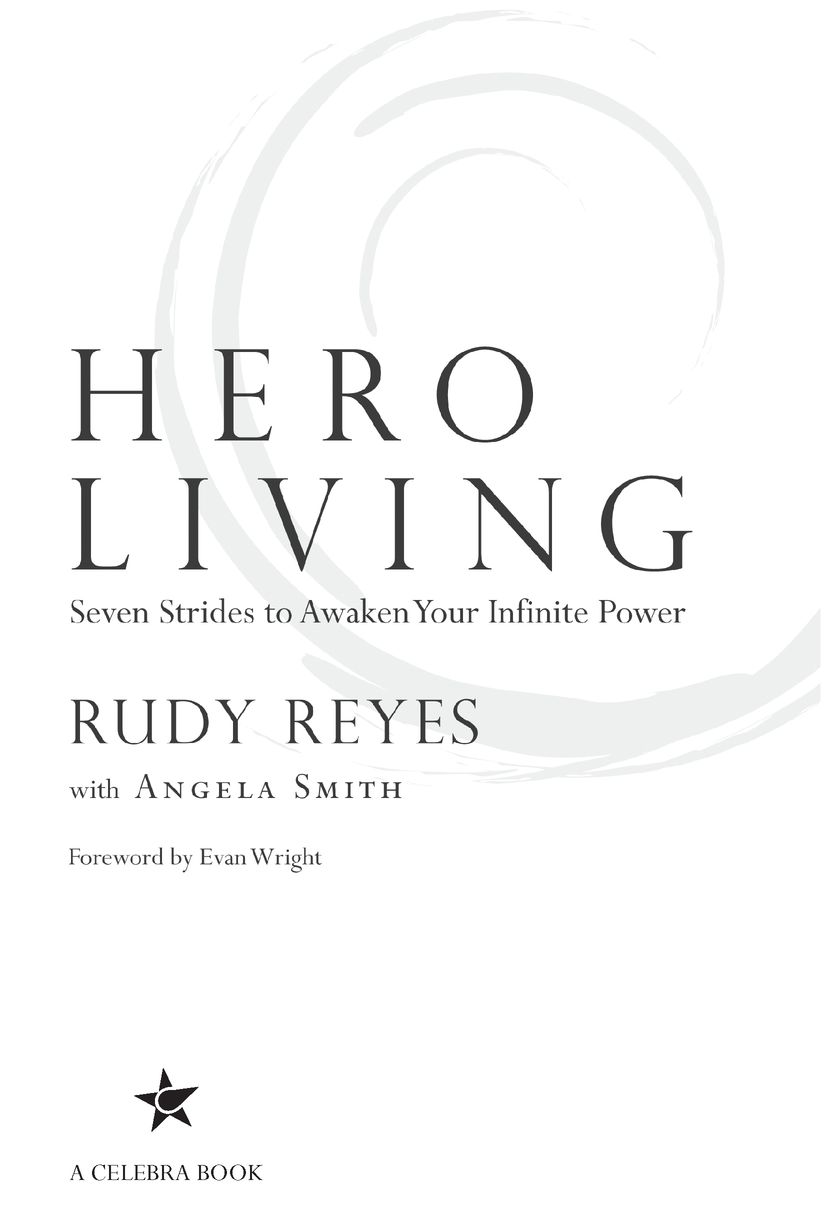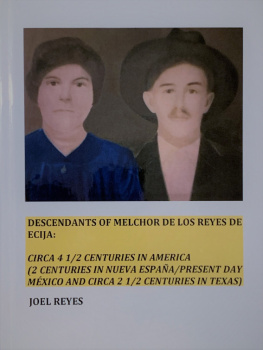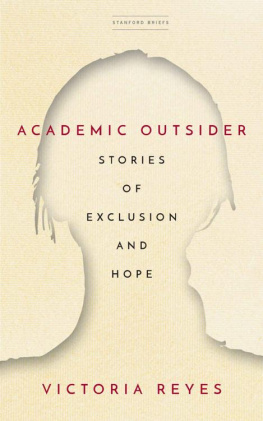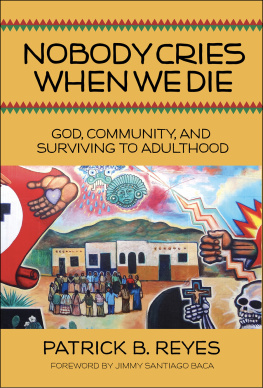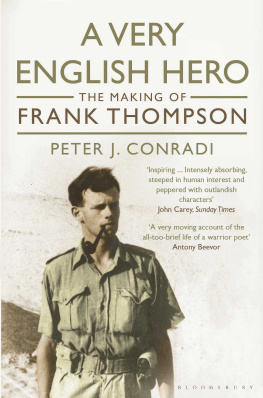Table of Contents
IN MEMORY OF FIRST SERGEANT EDWARD HORSEHEAD SMITH, WHO LIVED AND DIED A HERO TO ALL
FOREWORD
BY EVAN WRIGHT
Late in the afternoon of March 24, 2003, I was digging a hole by a bridge over the Euphrates River in Iraq. I was a reporter embedded with a platoon of Marines in the elite 1st Reconnaissance Battalion.We had been under rocket and machine-gun fire for several hours. The bridge was a key crossing point for the American invasion and was hotly contested by several thousand Iraqi para-militaries firing on our position from three sides. More than a dozen Americans had already paid for this bridge crossing with their lives. The Recon Marines I accompaniedthe Special Forces of the Corpshad been ordered to hold a position beside the bridge and wait. An armored assault across the Euphrates was due any time now, and the Recon Marines were standing by to rescue the crews of any armored vehicles disabled by enemy fire. In classic military tradition, the assault had been repeatedly delayed. Now, as night approached, the Recon Marines were ordered to dig in. Machine-gun fire raked the palm trees overhead. To avoid the bullets I excavated my hole from a kneeling position.Weighted down with forty pounds of body armor and gear, I felt myself wheeze each time I pitched my shovel into the earth and scratched out more clay. I was midway through this exhausting task when I felt a steely hand grip my arm, then heard a voice: Thats it, brother. Work those biceps.
Sergeant Rudy Reyes stood over me, offering an encouraging smile. It seemed Rudy had chosen this moment to continue the fitness instruction program he had begunwithout my ever askingwhen we had met a couple of weeks earlier, prior to the invasion. Eyeing the progress of my excavation on this combat-filled afternoon, Rudy pounded my back and added, You see, brother. Just a little bit of fitness every day is all you need. Pausing to allow an enemy mortar to explode in the field to our rear, Rudy concluded, Keep this up, youll be in shape in no time.
Rudy was one of twenty-three men in the platoon I would follow to Baghdad and beyond for two months and profile in my book Generation Kill. Recon units are the most mentally and physically demanding of the Marine Corps, and as such attract some of the most indelible characters youll find anywhere in the military or out. Trained to fight independently in small teams behind enemy lines, Recon units are filled with young men of indomitable spirit, with ferocious intellects and the physical power of pro athletes. In a platoon of fierce individualists Rudy stood out as the oddest.
I first met Rudy in his platoons tent in the desert holding area where the U.S. invasion force was gathering for war. Rudy was shirtless, reclined on the plywood floor, reading Oprahs magazine. When I sat beside him to conduct the initial interview, Rudy spoke of the artistry of being a warrior, and his fervent desire to stay true to his Tao. In the midst of this, he studied my posture while I took notes, and he observed that I leaned slightly to one side. He correctly guessed that I was nursing a long-standing back injury. With artillery booming at a nearby test range and Cobra attack helicopters thundering overhead in practice formations, Rudy leaned in close and informed me: At seventeen hundred hours I am teaching a yoga class. I suggest you join me, so we can work on redirecting your pranayour life forcewhich I would guess, dog, is the true source of discomfort in your back.
In Rudy I was confronted with an unlikely Marine. The first few times we spoke, I halfway wondered if someone was playing a prank on me. He struck me as the kind of wheatgrass-sipping, New Age-spouting phony you see around gyms in my hometown, Los Angeles. His physique was so ridiculously perfect, I assumed he must be one of those guys who has lived on workout machines and has acquired no other skill but the ability to majestically flex his pectorals. I imagined that if the bullets ever truly started to fly, Rudy might be the first one to curl into a fetal position. Let me be clear: There wasnt anything about Rudy that suggested phoniness. But when I initially encountered him I was a very skeptical reporter, and all my experience in life suggested that Rudy was simply too good to be true.
I quickly learned that other Marines held Rudy in high regard, especially for his hand-to-hand combat skills.The other men I spoke to in the platoon judged him the best martial arts fighter in the unit, if not the entire battalion. In the Marine Corps, martial arts training is undertaken with a gladiatorial spirit. Troops dont practice martial arts to earn belts. They prepare to fight to the death. Rudys reputation as the best fighter in the group wasnt something he could merely walk around feeling proud of. At least once a day, a brother Marine would test him by trying to take him down in a sneak attack.The most vicious test I observed took place one afternoon when Rudy stood unaware in his corner of the tent, changing out of his pants. As he stood on one leg, sliding his other foot out of his pants, a brother Marineone who had an advantage of several pounds and a couple of inches on Rudycharged him across the tent. Before he could be tackled, Rudy somehow slid to one side and flipped his attacker on his head, which landed on the plywood floor with a loud crack. Rudy immediately helped his bewildered assailant back onto his feet, while expressing his deepest apologies for putting a knot on the guys skull. I didnt mean to hurt you, brother, Rudy repeated. When the Marine regained his footing, Rudyalways the senseispent several minutes reviewing the attack, explaining how next time he might succeed in taking him down.
By the time Rudy offered his encouragements to me during combat at the bridge over the Euphrates, I had come to accept he was for real. I also knew him well enough to understand that his offering fitness advice in the midst of an enemy attack was a manifestation of his humor, as well as his generosity of spirit. Rudy was doing his best to allay the fear in the midst of that firefight.Though we were in the midst of the most horrific kind of violence, Rudy was trying to keep his own prana properly directed by being of service to someone else. For Rudy, this was a form of spiritual self-discipline.
During the next two months in Iraq, Rudy and his fellow Marines endured through ever-harsher combat conditions and increasingly tryingoften irresolvablemoral dilemmas. Within a year, Rudy would come home, briefly, then return to Iraq for the battle of Fallujah. On the battlefield, Rudy occasionally joked that as a child he had always wanted to be a superhero, and for him his military fatigues were the equivalent of a Caped Crusaders costume. Like so many others in his generation who have chosen to serve in uniform, Rudy acquitted himself as a hero, though I would argue more in the tradition of Achilles than Spider-Man.
If you spend time with Rudy, you know he does talk frequently of his childhood love for superheroes. Before martial arts, the Tao, and yoga, he had Superman. Growing up in a boys home, fending for himself and his younger brothers, superheroes were his first positive role models. For him they werent just fodder for escapist fantasy. Rudy will tell you he actually hoped to become one.
Rudy will also tell you that as a kid he was not just physically weaker than the predators who ruled his universe, but he was also filled with fear and its corollary, hatred. It was, he has told me, comic book superheroes who first inspired him to reimagine himself as an entirely different sort of human being. Had he not striven for a radical shift in his mental and spiritual outlook then, odds were favorable he would grow up to be a menace, no better and perhaps worse than the monsters on the streets who plagued him. As Rudy matured his role models changed, but one thing didnt: his bold use of imagination and will to change himself for the better, even in the face of impossible circumstances.

